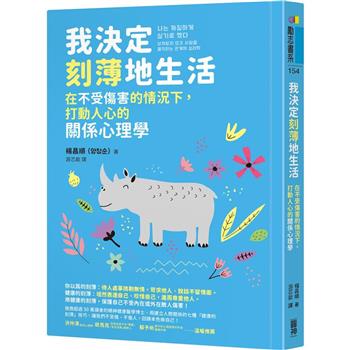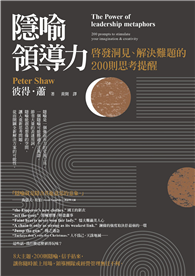The world economy operates around the production of value and the creation and protection of wealth. Firms and other actors use global value chains to make the most for the least cost, ideally also contributing to economic development. Firms and professionals use global wealth chains to create and protect wealth, strategically planning across multiple legal jurisdictions to control how assets are governed. The outcome of such planning often contributes to global inequality. While we know a great deal about value chains, we know much less about wealth chains. This volume explores how global wealth chains are articulated, issues of regulatory liability, and how social relationships between clients and service providers are important for governance issues. It explores how assets are governed across a range of sectors such as public utilities, food and alcohol, art, and pharmaceuticals, as well as in legal instruments like advance pricing agreements, tax treaties, regulatory standards, intellectual property, family trusts, and legal opinion. The book integrates insights from a range of disciplines including International Political Economy, Economic Geography, Sociology, Accounting, Management Studies, Anthropology, and Law to reveal how global wealth chains are used to govern assets in the world economy.
| FindBook |
有 1 項符合
Global Wealth Chains的圖書 |
 |
Global Wealth Chains 作者:Seabrooke 出版社:Oxford University Press, USA 出版日期:2022-10-31 語言:英文 規格:精裝 / 303頁 / 普通級/ 初版 |
| 圖書館借閱 |
| 國家圖書館 | 全國圖書書目資訊網 | 國立公共資訊圖書館 | 電子書服務平台 | MetaCat 跨館整合查詢 |
| 臺北市立圖書館 | 新北市立圖書館 | 基隆市公共圖書館 | 桃園市立圖書館 | 新竹縣公共圖書館 |
| 苗栗縣立圖書館 | 臺中市立圖書館 | 彰化縣公共圖書館 | 南投縣文化局 | 雲林縣公共圖書館 |
| 嘉義縣圖書館 | 臺南市立圖書館 | 高雄市立圖書館 | 屏東縣公共圖書館 | 宜蘭縣公共圖書館 |
| 花蓮縣文化局 | 臺東縣文化處 |
|
|
圖書介紹 - 資料來源:博客來 評分:
圖書名稱:Global Wealth Chains
內容簡介
作者簡介
Leonard Seabrooke, Professor of International Political Economy and Economic Sociology, Copenhagen Business School, Duncan Wigan, Professor MSO of International Political Economy, Copenhagen Business School
|











